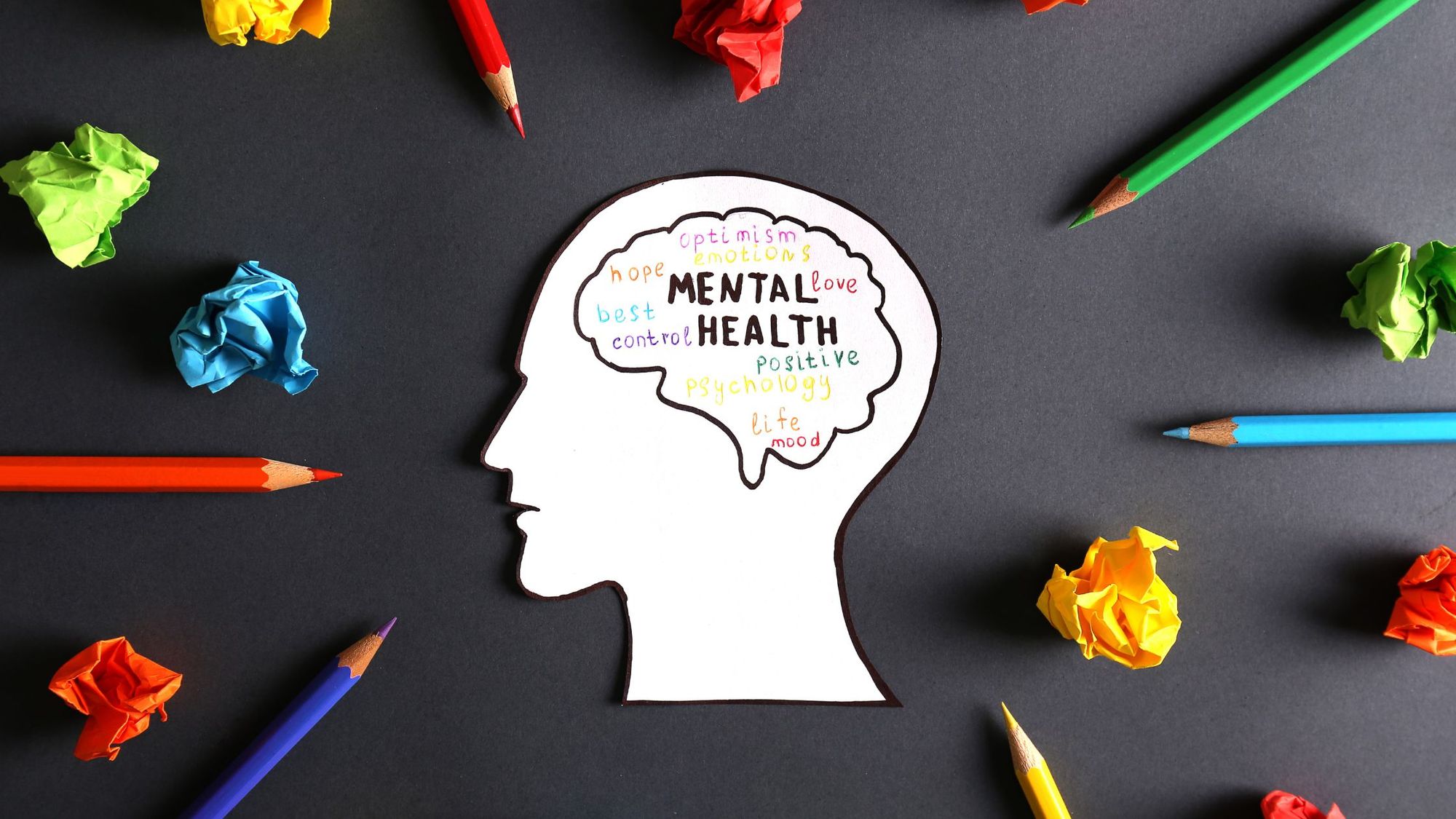
Mental health first aid (MHFA) is becoming an increasingly popular course, and it has become an excellent method for spotting the symptoms of mental health struggles in others. The training course itself is recognised internationally, and is highly regarded for use in and out of the workplace. Through MHFA, you can offer temporary help to those who need it before they see a professional, or while they’re waiting to see a professional.
We’re living in a world where mental health is becoming recognized as just as important as physical health. There is still a great deal of stigma around mental health, and some catching up to do, but just as a broken leg needs help and time to recover, our mental health requires the same recovery time. Learn more about mental health first aid below.

What Exactly is Mental Health First Aid?
Mental health first aid was designed as a way to spot the signs and symptoms of mental health struggles in other people. This is especially valuable in the workplace where people might find they struggle more with stress, feelings of overwhelm, and anxiety. In many ways, MFHA is there to act as a support system for those who are having a hard time coping with mental health struggles.
Spotting the signs of mental health struggles or a mental health crisis in your coworkers or employees could save a life. This is why mental health first aid courses are just as important as the standard first aid course.
Having spotted the signs, a mental health first aider is then trained to provide reassurance and support to the person struggling. It offers a non-judgemental setting in which they can share what they are having difficulties with. Through this, the first aider can then guide them to seek support from a licensed professional.
In the US alone, 1 in 4 adults are struggling with their mental health. The stigma that surrounds it is part of the reason why many don’t seek support, and this only leads to an increasing number of people who end up suffering in silence. It’s for reasons like this that MHFA is needed and why mental health first aid courses are so important.

How Does a Mental Health First Aid Course Work?
A standard mental health first aid (MHFA) course lasts two days and covers a range of topics. This is everything from what a mental health crisis is and how to spot it, to identifying when someone is experiencing a crisis and what exactly qualifies as a potential suicide risk. The course will even cover ways to express empathy and how to have a deeper level of understanding.
Anyone can take an MHFA course, regardless of whether they are working in a standard workplace environment or not. In fact, many of these courses are open to those as young as 16 years old, in a bid to try and combat teenage depression and other mental health conditions. While the courses tend to have a strong focus on practices in the workplace, they can be implemented outside of work as well.
By the end of the MHFA course, participants won’t just be qualified in mental health first aid; they will also have the confidence to approach those who are struggling and offer their support. Backed with the knowledge of how to deal with a range of mental health struggles, it’s a fantastic way to encourage a sense of a caring community between people, and reduce the risk of harm to those suffering in silence.
What are the Benefits of Mental Health First Aid Training?
There are quite a few benefits of enforcing mental health first aid training. The first is that it raises awareness of mental illness, showing those who are taking the course that it’s not some overly-dramatized stigma and that mental health conditions can have a serious effect on those who are suffering from them.
The way MHFA works is that it encourages early intervention, which means those who receive the support of first aiders are more likely to go on and seek professional support so that they can potentially nip a developing mental health disorder in the bud, and head down the road to recovery instead of mental health struggles escalating.
MHFA training could help treat mental health struggles before they get to a point where self-harm is a risk, and before they become unmanageable.
This training creates an atmosphere of support in the workplace. If employees are seen to actively support and look out for each other, the workplace is going to become one of trust and comfort – where people feel safe to say they are not okay and they need help. This is the kind of environment that everyone should be able to work in, as we all struggle with mental wellness at some point.
A workplace with MHFA training is also more likely to attract good candidates and have higher levels of employee retention. This is because people who feel supported are more likely to stay in their place of work, and retaining staff also ends up being far more cost-effective for businesses. Saving money is just another great advantage of mental health support.
It is currently not a legal requirement for businesses to have mental health first aid staff, but it does look good on a company website, and it’s just another way to ensure that employees are safe and healthy. As for the recommended number of mental health first aiders, there is no official number. However, it is suggested that you have as many people in the same workplace or community practicing MHFA as you would standard first aid.
Final Thoughts
Mental health first aid is essential, whether you end up using it at work or home. So many people are too afraid to ask for help, and sometimes all they need is someone to spot the signs that they are struggling, and offer a little support. If more workplaces adopted the concept of MHFA, we’d see healthier work environments and far better productivity overall.
If you read this article because you’re interested in learning about mental health, why not take a moment to order a DNA test from CircleDNA? The results can reveal potential mental health conditions that you might be genetically predisposed to – including depression and ADHD. As a result, you can ensure you have heightened awareness when it comes to your own mental health, and take preventative measures to protect your mental and emotional well-being.
References:
- Mental Health Disorder Statistics. Hopkinsmedicine.org. Published November 19, 2019. Accessed January 8, 2023. https://www.hopkinsmedicine.org/health/wellness-and-prevention/[email protected].
- Beat turnover: Help employees with depression & anxiety. HRMorning. Published August 15, 2022. Accessed January 8, 2023. https://www.hrmorning.com/articles/depression-anxiety-impact-turnover/





